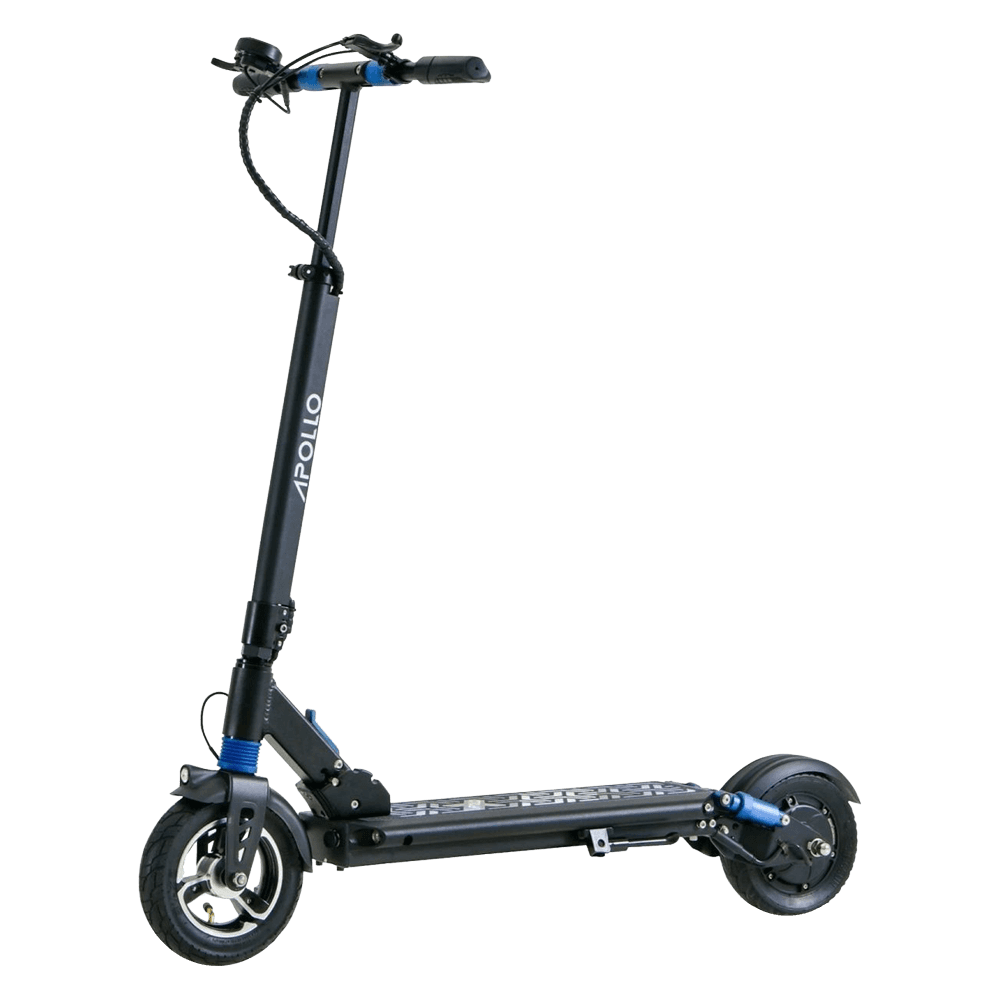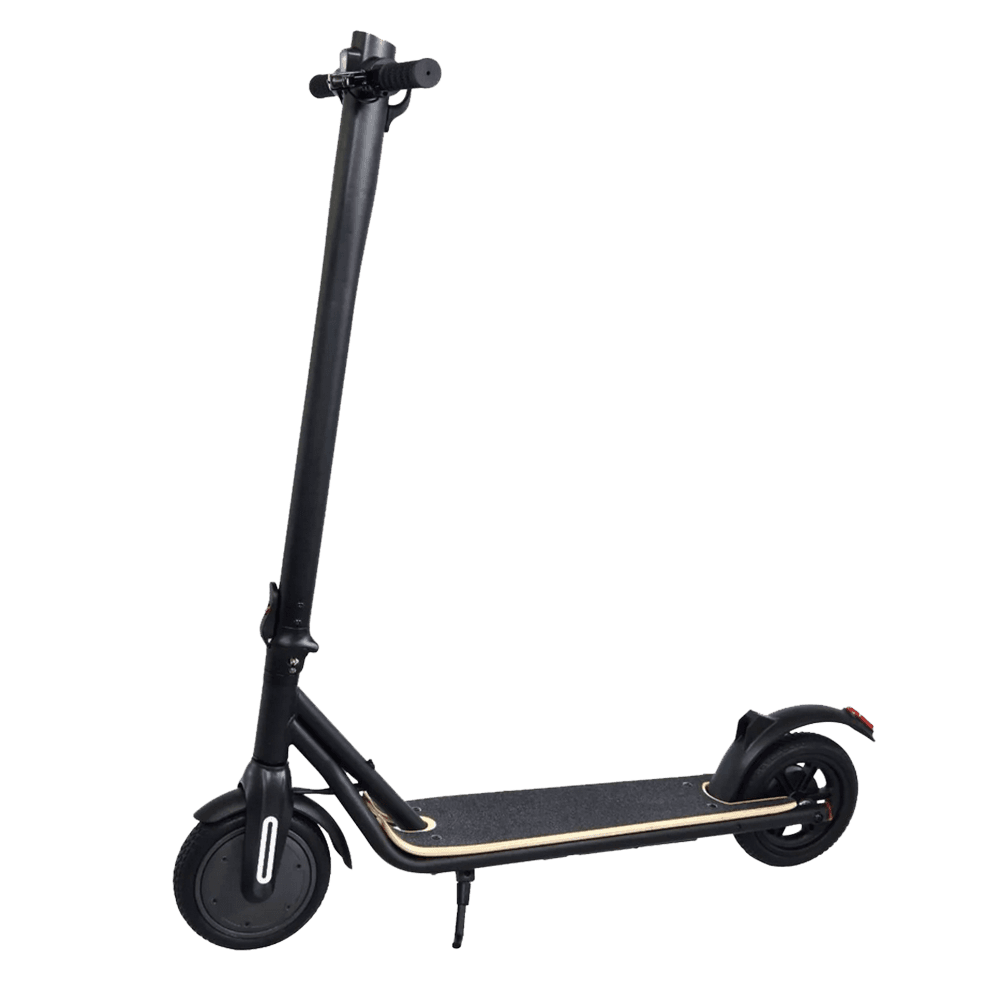Electric scooter comparison
Compare the Apollo Light and the Fluid Freeride CityRider
Review the specs, pricing, and rider-focused details for the Apollo Light versus the Fluid Freeride CityRider. Every matchup is sourced from Levy's internal database so you can make a confident choice.

Scooter A
Apollo Light
Range 16.3 mi • Top speed 22 mph
$799

Scooter B
Fluid Freeride CityRider
Range 13.1 mi • Top speed 16.8 mph
$499
Specification breakdown
| Spec | Apollo Light | Fluid Freeride CityRider |
|---|---|---|
| Range (mi) | 16.3 mi | 13.1 mi |
| Top speed (mph) | 22 mph | 16.8 mph |
| Weight (lbs) | 38.4 lbs | 32 lbs |
| Motor power (W) | 350 W | 350 W |
| Battery capacity (Wh) | 490 Wh | 360 Wh |
| Brakes | Drum | Drum |
| Tires | Mixed | Solid |
| Waterproof rating | IP54 | None |
| Suspension | Dual Spring | None |
| Price (USD) | $799 | $499 |
Comparing The Apollo Light And The Fluid Freeride CityRider: Which Electric Scooter Is Best For You?
When it comes to electric scooters, both the Apollo Light and the Fluid Freeride CityRider are compelling options. Each scooter offers unique specifications and features that cater to different user preferences.
In terms of performance, the Apollo Light is built for speed and extended range. It features a powerful 350W motor with a maximum speed of 22 miles per hour (mph). It also boasts a commendable 22 miles range on a single charge. In contrast, the CityRider delivers a top speed of 18 mph with a range of 10-12 miles. Its motor, however, is less potent with a 300W capacity. If speed and range are important factors for you, the Apollo Light outshines the CityRider convincingly.
The Apollo Light is also more robust when it comes to weight capacity, supporting up to 220 lbs as opposed to CityRider's 200 lbs. However, the CityRider is slightly a more compact scooter, making it easier to handle and store.
When it comes to suspension, the Apollo Light features front and rear spring suspension, offering the rider improved comfort during rides on uneven terrain. On the other hand, the CityRider uses a front spring and rear hydraulic shock absorbers, which provide a smooth riding experience on flat urban landscapes.
Both models are equipped with LED lights for nighttime safety. The Apollo Light, however, has a more comprehensive lighting system with a headlight, taillight, and side deck lighting, while the CityRider offers just a headlight and deck lights.
Finally, the Apollo Light prevails in terms of warranty with a 24-month cover against defects, whereas the CityRider comes with a 6-month warranty.
In conclusion, the Apollo Light and the Fluid Freeride CityRider are both outstanding electric scooters, each catering to different user needs. Apollo Light is for users who value speed, range, and a solid warranty, while the CityRider is more suited for users looking for a compact scooter with smooth city riding experience.
Keep researching with Levy
Browse thousands more matchups or reach out to our team for personalized scooter advice.


